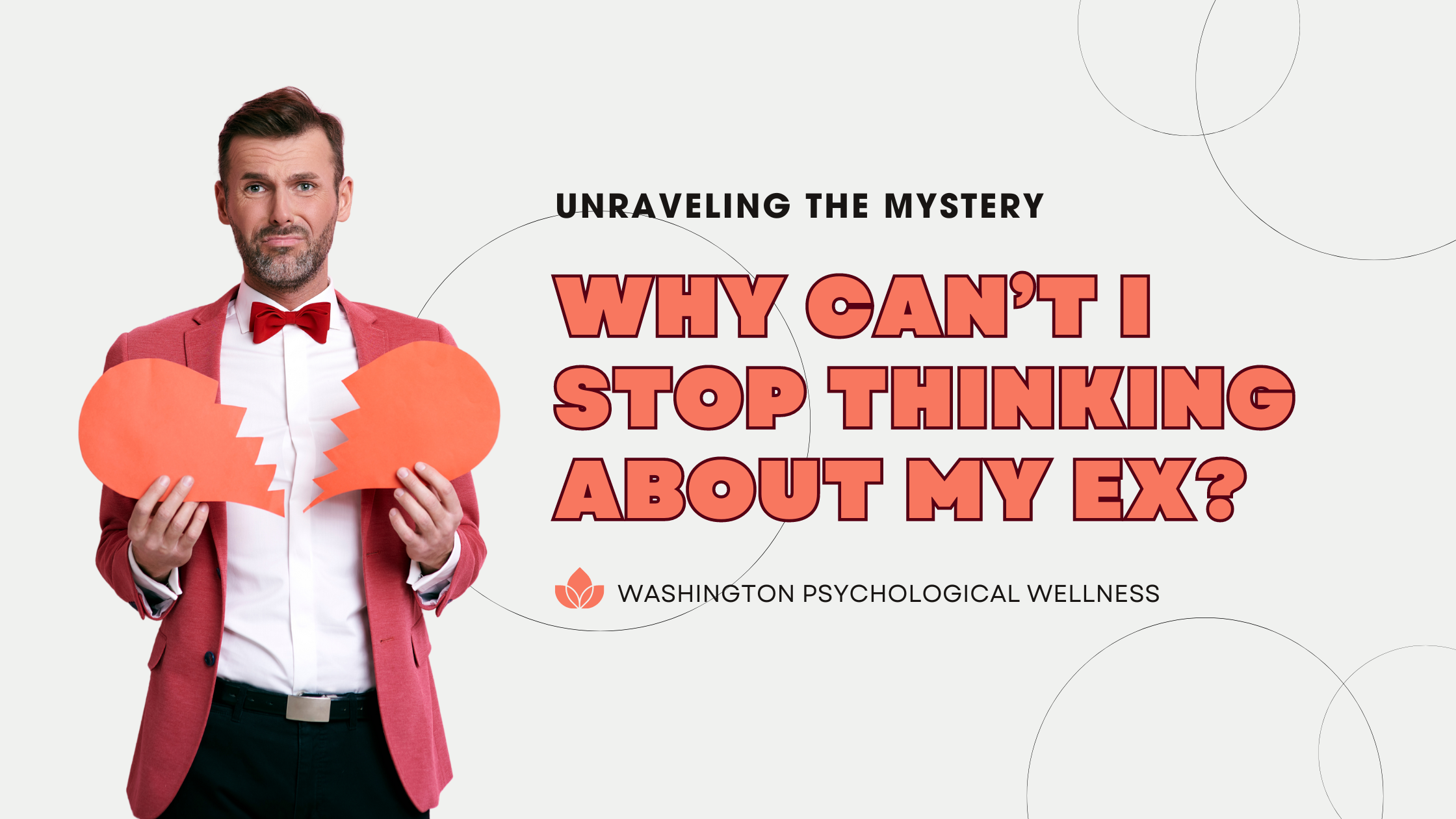
Why Do I Still Think About My Ex?
Breakups can be emotionally taxing and complex, often leaving a lasting impression on our minds and hearts. It’s common to find yourself thinking about an ex long after the relationship has ended. These lingering thoughts can be puzzling and sometimes distressing. So, why do you still think about your ex? Let’s explore some psychological and emotional reasons behind these recurring thoughts and what you can do to move forward.
The Psychological and Emotional Reasons
1. Emotional Attachment
One of the primary reasons you might still think about your ex is emotional attachment. Relationships, especially long-term ones, create deep emotional bonds. These bonds are formed through shared experiences, intimacy, and the support you provided each other. When the relationship ends, the emotional connection doesn’t just disappear overnight. It takes time for your heart and mind to adjust to the new reality.
2. Unresolved Feelings
Lingering thoughts about an ex often stem from unresolved feelings. Whether it’s love, anger, regret, or sadness, these emotions can resurface unexpectedly. If the breakup was abrupt or lacked closure, you might find yourself replaying events and conversations, trying to make sense of what happened.
3. Nostalgia and Idealization
It’s natural to look back on past relationships with a sense of nostalgia. The brain tends to remember the good times more vividly than the bad ones. This selective memory can lead to idealizing your ex and the relationship, making it harder to let go. You might find yourself reminiscing about happy moments, which can trigger thoughts about what might have been.
4. Habit and Routine
Relationships often come with established routines and habits. From daily text messages to weekend outings, these patterns become a part of your life. When the relationship ends, the absence of these routines can leave a void, leading to thoughts about your ex as you navigate your new daily life.
5. Self-Reflection and Growth
Thinking about your ex can also be a part of self-reflection and personal growth. Breakups provide an opportunity to learn more about yourself, your needs, and your desires in a relationship. Reflecting on what went wrong and what you want to change in the future can be a healthy part of moving on.
How to Move Forward
1. Accept Your Feelings
The first step in moving forward is to accept your feelings. It’s okay to think about your ex and feel a range of emotions. Acknowledging these feelings without judgment can help you process them more effectively.
2. Seek Closure
If possible, seek closure to help put your mind at ease. This might involve having a final conversation with your ex to clarify unresolved issues. If direct communication isn’t possible, writing a letter to your ex (without sending it) can be a therapeutic way to express your thoughts and feelings.
3. Focus on Yourself
Use this time to focus on self-care and personal growth. Engage in activities that bring you joy and fulfillment. Rediscover hobbies you might have neglected and invest in your well-being. This focus on self-improvement can help shift your thoughts away from your ex.
4. Limit Contact and Reminders
Reducing contact with your ex and limiting exposure to reminders can help you move on. This might involve unfollowing them on social media, removing pictures, and avoiding places that trigger memories. Creating some distance can help your mind adjust to the new reality.
5. Talk to Someone
Discussing your feelings with a trusted friend, family member, or therapist can provide valuable support. Sometimes, talking things out can help you gain perspective and feel less alone in your experience.
6. Set New Goals
Setting new goals and creating new experiences can help you move forward. Whether it’s pursuing a new hobby, traveling, or focusing on career aspirations, having something to look forward to can shift your focus from the past to the future.
Contact Us
Thinking about an ex after a breakup is a common experience driven by emotional attachment, unresolved feelings, nostalgia, and the disruption of established routines. By understanding these reasons and taking proactive steps to focus on yourself and your future, you can gradually move forward and find peace. Remember, healing is a process, and it’s okay to take the time you need.
For more insights into relationships and mental wellness, visit the Washington Psychological Wellness blog. Here, you’ll find a wealth of resources to help you navigate the complexities of modern life with empathy and self-awareness.
